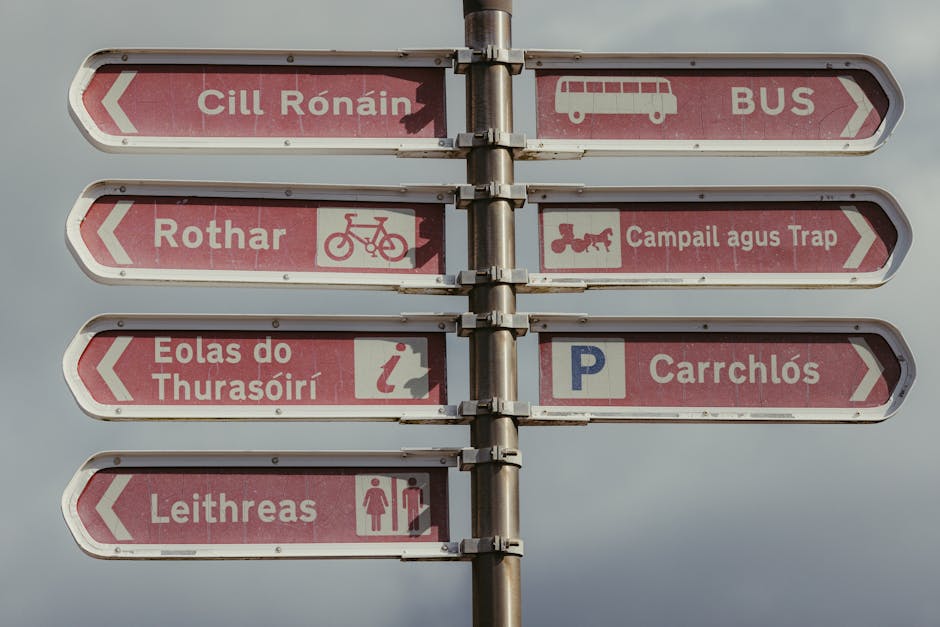In a world often dominated by negativity and conflict, the simple act of kindness can feel like a breath of fresh air. It has the power to heal wounds, bridge divides, and create connections that transcend barriers. As we navigate through our daily lives, it is easy to overlook the profound impact that small gestures can have on individuals and communities alike. Kindness is not merely an act; it is a transformative force that can inspire hope and foster resilience in the face of adversity.
Imagine a scenario where a stranger holds the door open for you, or a friend surprises you with a thoughtful gesture on a tough day. These moments, though seemingly insignificant, can spark joy and shift our perspectives. They remind us that we are not alone in our struggles and that compassion is alive in the world. The ripple effect of kindness can be far-reaching, extending beyond the initial act and influencing others to pay it forward, creating a chain reaction of goodwill.
Research has shown that kindness not only benefits the recipient but also enhances the well-being of the giver. Engaging in acts of kindness releases oxytocin, often referred to as the “love hormone,” which can lower stress levels and improve overall health. In a society that often prioritizes individual success, the act of selflessly helping others can cultivate a sense of belonging and purpose. This dual benefit underscores the importance of integrating kindness into our daily routines, as it contributes to a healthier and more connected community.
Furthermore, kindness can serve as a powerful tool for social change. In times of crisis, whether it be natural disasters, economic hardships, or social injustices, collective acts of kindness can mobilize communities and provide essential support. Organizations and grassroots movements that prioritize compassion often emerge as beacons of hope, demonstrating that even in the darkest of times, humanity can come together to uplift one another. These acts not only address immediate needs but also foster a culture of empathy and solidarity that can lead to lasting change.
However, while the benefits of kindness are clear, it is crucial to recognize the barriers that can inhibit its practice. Fear, apathy, and societal pressures can often stifle our instinct to connect with others. The challenge lies in overcoming these obstacles and actively choosing to embrace kindness, even when it feels uncomfortable or inconvenient. By consciously making an effort to be kind, we can challenge the status quo and inspire others to do the same, ultimately creating a more compassionate world.
As we reflect on the power of kindness, it becomes evident that it is not just a fleeting emotion, but a vital ingredient for a brighter future. Each act of kindness, no matter how small, contributes to a larger tapestry of human connection that can heal wounds and foster understanding. In a time when division seems rampant, let us harness the hidden power of kindness to create a world that thrives on compassion and hope.
In conclusion, the journey toward a kinder society begins with each of us. By recognizing the transformative potential of our actions and choosing to act with compassion, we can pave the way for a better tomorrow. The path may not always be easy, but the rewards of kindness—joy, connection, and resilience—are well worth the effort. Together, let us commit to making kindness a priority in our lives and watch as it unfolds its miraculous power to change the world.

